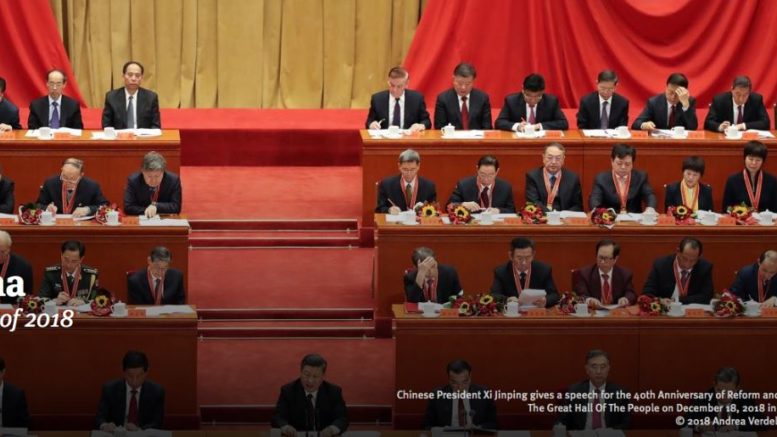Dharamshala: The annual Human Rights Report 2019 records that the human rights situation in Tibet is still no better than yesterday as the Tibetans continue to face severe restriction in their religious freedom, speech, movement, and assembly. The report also states that the growing concern against large scale unapproved mining by the local authorities in Tibetan areas has failed to establish any redressal. Moreover, intimidation and arbitrary violence by security forces continue blatantly. All networks of communication are put under intensified scrutiny.
Anyone exercising their human rights and steeping up against the persecution is met with arbitrary detention, imprisonment, and enforced disappearance as it so happened in the case of former political prisoner Tsegon Gyal whom the court sentenced him for three years imprisonment citing ‘inciting separatism’ as the charges. Tsegon Gyal was not provided with any legal representation nor given a fair trial. The UN Working Group on Arbitrary Detention at its 78th session in April 2017 ruled that the deprivation of liberty of Mr Gyal was arbitrary and that there is no legal basis to justify his detention.
Similarly, Tibetan language activist Tashi Wangchuk was also sentenced to five years in prison on May 2018. He has been in detention ever since January 2016. The crime committed by Tashi Wangchuk, in this case, was that he stood up to preserve his native language from the impacts of Chinese dominance.
The report also states that Tibetans travelling on Chinese passports to India to attend His Holiness the Dalai Lama’s teaching in January 2018 were coerced to return early else they will face retaliation and their family members back home will suffer.
China also introduced the policy of ‘patriotic education’ in the monasteries in their bid to replace monastic education with their political propaganda. Monks and nuns were forced to learn and emphasise on Communist propaganda. People were encouraged to denounce the sympathy for His Holiness the Dalai Lama forcing their loyalty towards the Communist Party.
Cases of land grab by local officials were on the rise as it was reported in 2018 that local officials for the construction projects seized lands in Tibet Autonomous Region and other Tibetan areas without compensation. In Driru county, 30 villagers were detained in May for allegedly sharing with international media information about the arrest of a village leader who had led popular opposition to a mining project on a sacred mountain.
Most importantly, cases of self-immolation are mounting as of date 155 Tibetans have self-immolated to protest Chinese policies. Between November 2017 and time when Human Rights Watch wrote this report, 4 Tibetans have self-immolated.

